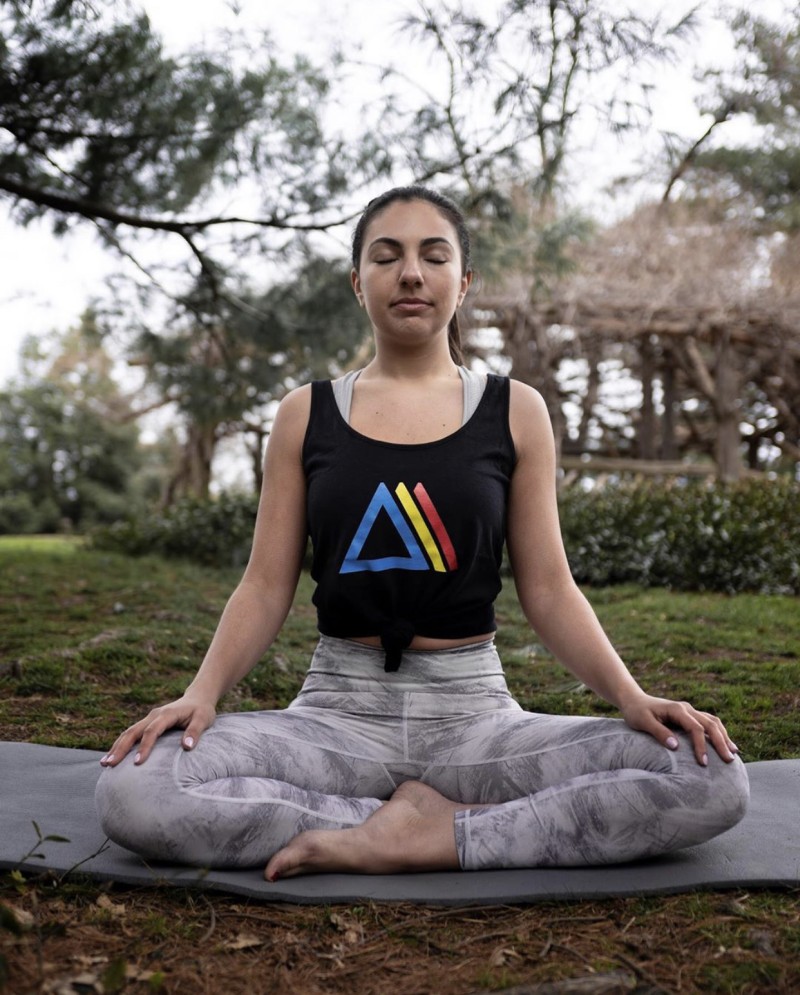


Why are we talking about sleep on this blog? Because sleep is essential to your physical and mental health. Sleep can not only affect your mood, energy, and productivity, it can also affect your weight. Many people struggle with getting quality sleep (either falling asleep or staying asleep), so although it’s obvious we all need to get solid sleep, it’s not something that’s easy to actually accomplish. In fact, it seems like more and more people struggle to fall asleep due to a variety of things, whether it’s bad habits, increased stress/anxiety, etc.
But don’t worry. There are steps you can take to set yourself up for success in getting some quality sleep. Make a checklist if you have to. Start off doing all of these things for a week and see if it does anything to help with falling asleep or staying asleep.
During the day you might do things that carry over into your evening/night that keep you up or make it harder to fall asleep. Be mindful to not eat a big meal too close to bedtime or have caffeine too late in the day. (Caffeine has a half-life of about 5 hours, although some people are more sensitive to it than others.) Also, while we’re on the topic of drinking, some people use alcohol to help them sleep, but studies have shown that alcohol can actually interfere with your sleep cycle, so it’s actually not a good idea to drink before bed.
Generally speaking, working out too late in the day will keep them up at night. Exercise does get your heart rate and body temperature up, so even if you’re tired from the workout, you might find it hard to actually sleep if you work out too late. Try to keep your workouts at least three hours before bedtime. On the other hand, if you don’t exercise, you might find that working out helps you fall asleep quicker by tiring you out. Just do it earlier in the day if you can.
We’ve talked about routines on this blog and how morning routines can really boost your day. Well, a bedtime routine can also really help your sleep quality. Light plays a big part of it. Your brain has an easier time turning off it isn’t exposed to screens one to two hours before bedtime. So if you can, don’t look at your phone, tablet, computer, or TV before bed. Or at least turn down the brightness level. Also, it’s cliche but true, being on the internet or watching TV right before bed will only stimulate your brain more instead of letting it shut down gradually.
A sleep routine can be whatever you want. Something like turning off all screens at 9pm, making some chamomile tea while you write down thoughts from the day or what you want to do for the next day, and then doing breathing exercises to relax and clear your mind. (FYI, we have a blog for breathing exercises!) There are also apps that can help you unwind and guide you (or lull you) to sleep.
And finally, make sure you’re comfortable. Most people sleep better in slightly colder temperatures. Get black-out curtains or a blindfold to keep out light at night, especially in the city where street lights are on all night. Light will disrupt your quality of sleep (as will sound, so if you’re a light sleeper, also get earplugs). People are always on the hunt for more comfort, so there are a million other things you can try like weight blankets, alarm clocks with lights to wake you up, cooling pads for your mattress, etc.
Obviously, if you have a real sleep disorder, you’ll have to take more drastic measures. But these basic tips are a good place to start for most people who are struggling with sleep. Some things may or may not work for you, but if you’re trying to straighten out your sleep, keep a schedule and stick with it. Sleep and recovery are incredibly important to your health, and if you do it right, you’ll be able to maximize on everything you do.